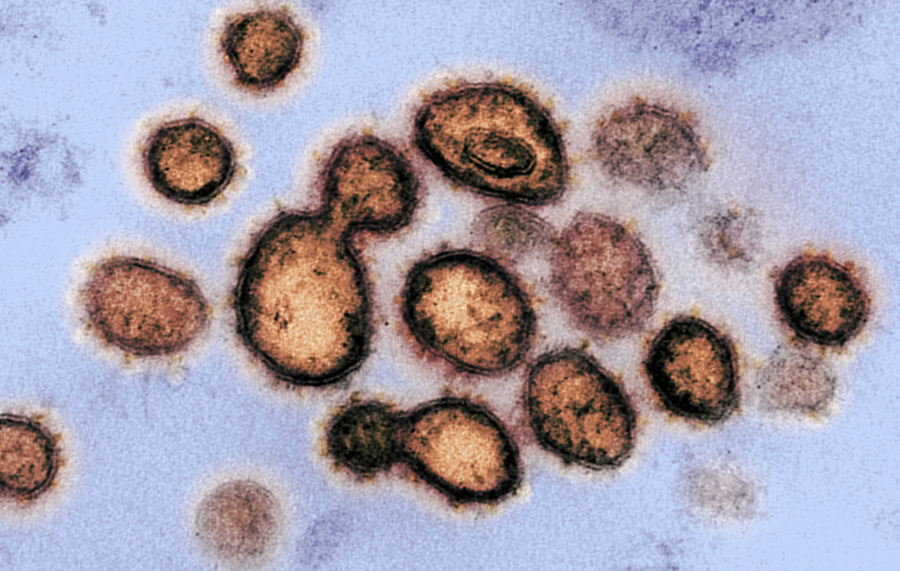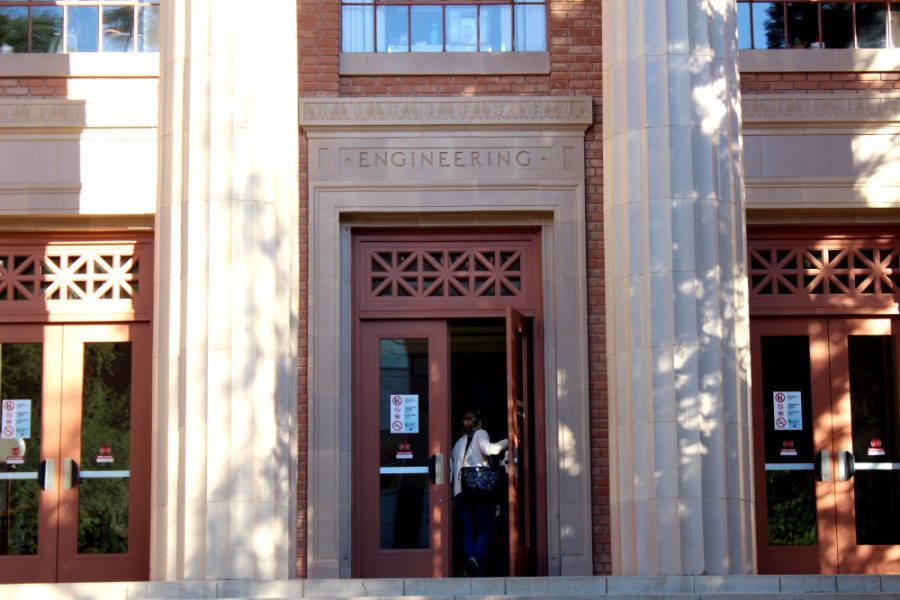On Friday, Feb. 26, the Arizona Center for Disability Law, along with various other disability rights advocacy organizations and members of the disability community, sent a letter to Gov. Doug Ducey requesting a meeting to engage with disability rights organizations to discuss vaccine access to members of the Arizona Long Term Care System and their caregivers regardless of age and setting.
They also voiced their concerns and experiences about the inaccessibility of information and lack of accommodations at the vaccine sites.
To date, they have received no reply.
This is the second letter sent by the ACDL and other organizations, after an initial letter was sent to the Arizona Department of Health Services regarding equitable distribution of the vaccine on Dec. 14. This letter also received no response.
The state recently altered the way it is distributing the vaccine to go to age-based categories, which means people with disabilities who are not living in group homes have to wait even longer to receive the vaccine. People with disabilities are more likely to have underlying medical conditions that put them at higher risk for mortality from COVID-19.
In response to these two events, the coalition of organizations and members of the disability community held a press conference on Thursday, March 4, asking the Arizona government to make vaccinations for people with disabilities a priority.
The press conference featured many people from the community with different disabilities and backgrounds, who spoke about their challenges and experiences registering for an appointment and communication barriers.
“When people want to get the vaccine, … there is no place to request for communication accommodation. That’s already a barrier from the beginning,” said Sherri Collins, the executive director of the Arizona Commission for the Deaf and Hard of Hearing. “Just imagine what communication barriers there are wearing a mask. Can’t read lips, can’t communicate. That’s the first encounter we face in everyday life. We’re talking about access to information, registration and getting the vaccine.”
“There was no alternative communication. … There was a sign that said roll up your sleeves. If you are non-verbal or illiterate, how would you know to roll up your sleeve? It would be nice to have picture visuals,” said Sydney Ingle, a member of the Arc Tempe with autism.
RELATED: Arizona switches to hybrid age-based coronavirus vaccination distribution model
Speakers also talked about the frustrations of not having captions for informational sessions and videos, extremely long wait-times in phone lines and the communication challenges at the vaccination sites.
“It’s just been a really frustrating experience trying to get us registered for this vaccine. … Some other people have just given up within the deaf community,” said Harvey Goodstein, a member of the ACDHH.
Another point that was brought up with extending eligibility of vaccinations to families members of people with disabilities. Members of the Differently Abled Mothers Empowerment Society — or DAMES — spoke about how their children have faced innumerable challenges and their children are at high risk of infection and death from COVID-19. However, since some of their children are too young to receive the vaccine, they advocate that, like other states, parents of children with disabilities should be eligible to receive the vaccine
“We watched as their [children’s] therapists, respite providers, teachers were vaccinated, and we waited for our turn, but we were never called,” said Michele Knowlten-Thorne, the founder of DAMES. “There is a chink in the armor around our children. It is us — we are making our children vulnerable. Not vaccinating parents leaves children at risk.”
Ilyssa Tussing is a mother of a child who has RYR1, a congenital muscle disease.
“I plead to allow parents of children with disabilities the ability to get the vaccine because we aren’t asking to go to restaurants or movies. We just want the ability to go to the grocery store, see our families and even have therapists in our homes without the possibility of bringing a deadly virus to our children,” Tussing said.
Sey In, an attorney at the ACDL, said they are still hoping for the governor’s office and the ADHS to recognize the importance of addressing these challenges and partner with disability rights organizations. However, they are also preparing for the possibility they receive no response.
“Other states have filed Office of Civil Rights complaints, so we are considering that and we are also seeking other options,” In said.
Collins believes that if her team can have a seat at the table, then they can offer their expertise so that everyone can have access to the information and the vaccine.
Follow Udbhav Venkataraman on Twitter









